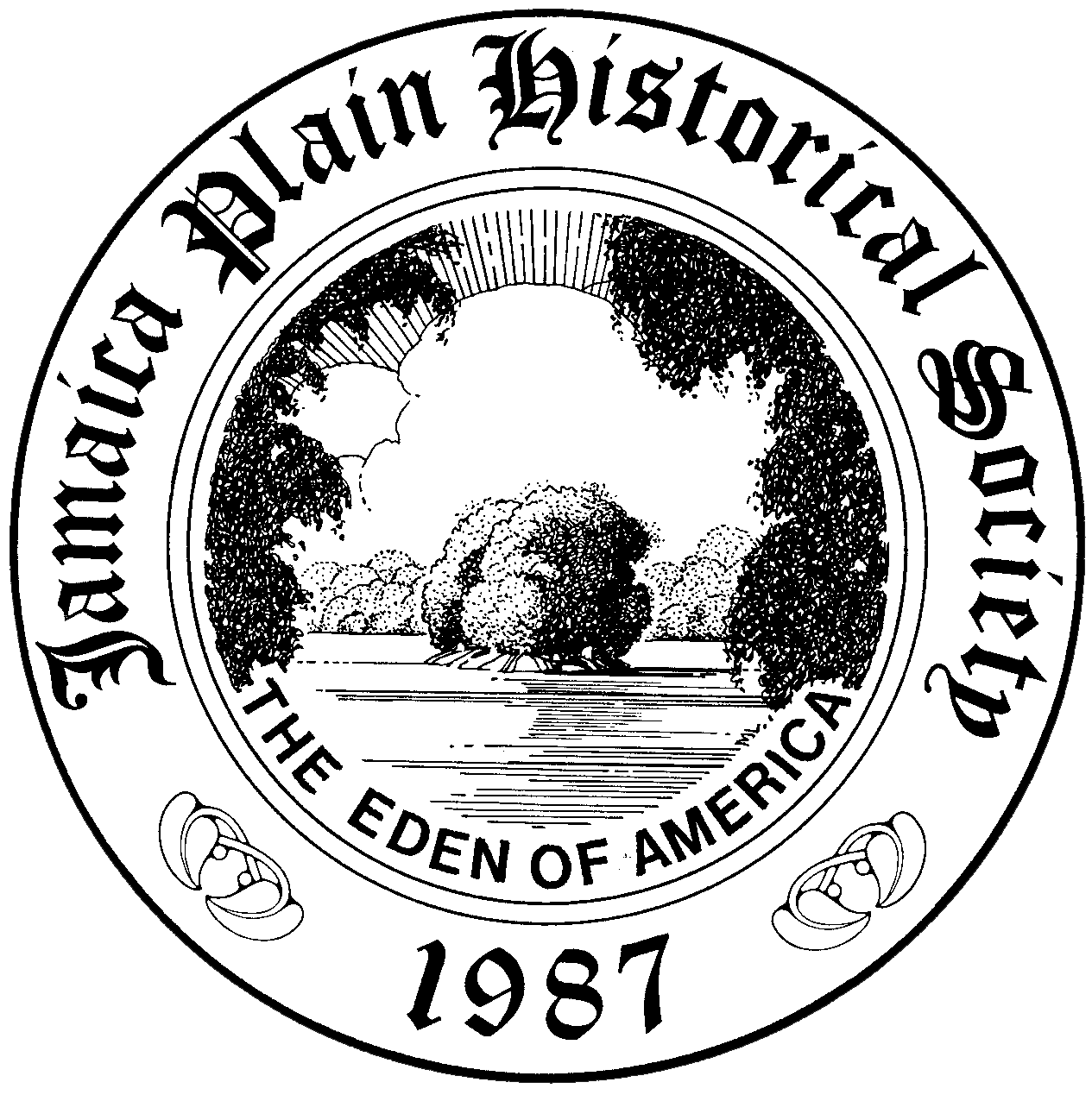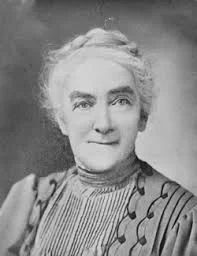Elizabeth Bethune Campbell was a Jamaica Plain resident and author of the book Where Angels Fear to Tread which was very controversial in its time. Her book was self-published in 1940 from her home in the rectory of St. John’s Episcopal Church on Alveston Street.
Read MoreFor a married woman to achieve not only bliss but also intellectual parity with her husband a hundred years ago was a remarkable accomplishment. Ellen Swallow’s love affair with Robert H. Richards was hardly one of history’s great romances, but it demonstrated that hearts and minds could be equal, rational and compatible.
Read MoreIn the 1890s American women emerged as a major force for social reform. Millions joined civic organizations and, under the banner of “municipal housekeeping,” extended their roles from domestic duties to concern about their communities and environments. Their contributions were vital in civilizing and improving the horrific conditions created by the industrial revolution and the philosophies of social darwinism and unregulated capitalism. One of the first was Ellen Swallow Richards.
All of present-day Forest Hills was part of the bequest of the London merchant Thomas Bell in 1672, “for the maintenance of the schoolmaster for teaching and instructing poore mens children.” This bequest was to the Roxbury Latin School.
Read MoreA formal bench with central shaft, from which emerges a forest Indian, erected by friends of Francis Parkman in 1906, marks the approximate site of Mr. Parkman’s home, called “Sunnyside” and its accompanying gardens between Prince Street and the northwest corner of Jamaica Pond.
Read MoreA short biography of this Candidate for the Republication Nomination for Lieutenant-Governor of Massachusetts 1932
Read MoreGeorge J. Knapp Dairy, founded in 1876, promised “Farm fresh milk from the Vermont cow to your door in 48 hours.” Harold C. ‘Hal’ Knapp Jr., grandson of the founder, remembers the Saturday morning trips to North Station with his father, Harold C. Knapp, to meet the milk train delivering its cargo of raw milk from the Vermont milk co-op to local dairies.
Read MoreGeneral Sumner was born on the auspicious evening of July 4, 1780, in the homestead in Roxbury by the corner of Washington and Sumner streets. He later developed many areas of Boston, including the Sumner Hill area in Jamaica Plain.
Read MoreI spent the first year of my life in a three-decker at 20 Glade Avenue, a dead-end street off Glen Road near Franklin Park. On my first birthday in May, 1950 we moved to the third floor of a three-decker at 171 Forest Hills Street.
Read MoreJudge James Cradock was born in 1941 and grew up on the upper end of Montebello Road near Franklin Park. He attended Our Lady of Lourdes School, Boston College High School and Boston College, where he graduated in 1963.
Read MoreA Jamaica Plain resident makes a pilgrimage in search of an author who made an impression on him from his college studies.
Read MoreBoston has always been a city that prides itself on its social reform ideals, and Jamaica Plain has played its part as well. But few would think that Jamaica Plain played any part in the militant reform movement in the Midwest one hundred years ago. Yet America's leading writer of the farming frontier, Hamlin Garland, wrote his very first stories from an attic room in JP.
Read More












